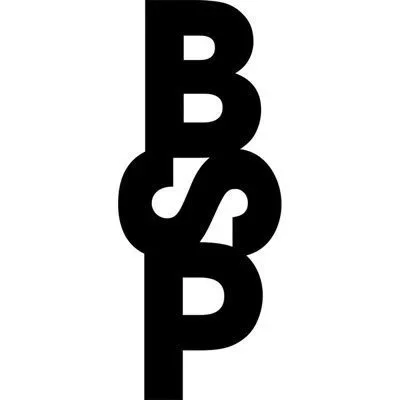
In-Office Initiatives
Celeste Yi Yang Chia, Kirsten Smith
Here are some suggestions to help make the office an eco-friendlier place:
Paperless workflows
Efforts put towards creating a more sustainable Australian publishing industry do not exclusively involve reducing the emissions from book production. Publishers who want to be more environmentally-conscious, are not required to make substantial adjustments to their current production processes—a task which is especially impractical for smaller and independent publishers who do not have the capacity for such investments. Making a difference can start simply with making small changes in the office.
In-office action, as the name suggests, refers to measures that can be taken within the office to create a more sustainable workplace. It is by no means a new concept—there are already Australian publishers who practise these sustainable measures.
It may be impossible to go completely paperless within the publishing industry but there are still ways to reduce paper consumption, especially in the case of single-use applications. For example, publishers can request that authors send digital copies of their manuscripts and can have their editors work digitally as much as possible.
Switch to Who Gives a Crap toilet paper
Who Gives a Crap is an Australian company dedicated to providing 100% recycled toilet paper. They are proudly B Corp certified, Forest Stewardship Council (FSC) certified and donate 50% of profits to people without access to clean water or toilets. Since 2012 they have raised over $18 million.
Incorporate the three Rs of recycling (Reduce, Reuse, Recycle)
Where the use of paper is necessary, keep the three Rs of recycling in mind. The University of Queensland Press implements sustainable practices within their workplace, including using 100% recycled paper for in-office printing, recyclable packaging for all book orders and actively reducing paper usage.
Reduce disposable plastics
Look at the plastics currently used in the office. These could range anywhere from plastic cutlery, food storage and cups, to bubble wrap and other plastic packaging. Where possible, encourage the use of reusable cutlery and lunch boxes. If possible, provide them. Opt for recyclable packaging and avoid single use plastics.
Reduce energy consumption
Enforce the conscious use of electricity by installing electronics such as lights and air-conditioning units that turns off when spaces are not in use. Opt for energy efficient appliances by utilising the Energy Star Rating system. Ensure taps and toilets are Water Efficiency Labelling and Standards (WELS) certified for additional water usage reduction. Penguin Random House Australia utilise 100% renewable energy across all of their sites.
Choose sustainable suppliers/partners
Look for suppliers that have independent third-party accreditations. Ensure paper, timber and printing products are Forest Stewardship Council certified. When stocking office kitchens, make sure coffee, tea, chocolate, cocoa, tissues and textiles such as cotton are either Rainforest Alliance certified or Fairtrade International certified. The ISO 14001 is a framework for organisations to manage and improve their environmental performance, minimising their ecological footprint. Certification to this standard demonstrates a company’s commitment to continuously improve its environmental impact.
Opt for a hybrid work model
Adopting a workplace model where employees can choose to work from home reduces the emissions generated by travelling to and from the office. Less commuters also improves air quality. Downsized offices and partial occupancy reduce heating, cooling, lighting, and equipment energy usage. Waste generation from food, paper towels, cleaning supplies and other consumable products also decrease. Find out more about hybrid workplaces from experienced production manager, Ujjwal Trivedi.
This is a small list of suggestions, with these possibilities and more being applicable across a range of industries and stakeholders.
Regardless of how we choose to fight climate change in the Australian publishing industry, commitment to sustainable practices is a step towards a greener future. Every small change counts.



